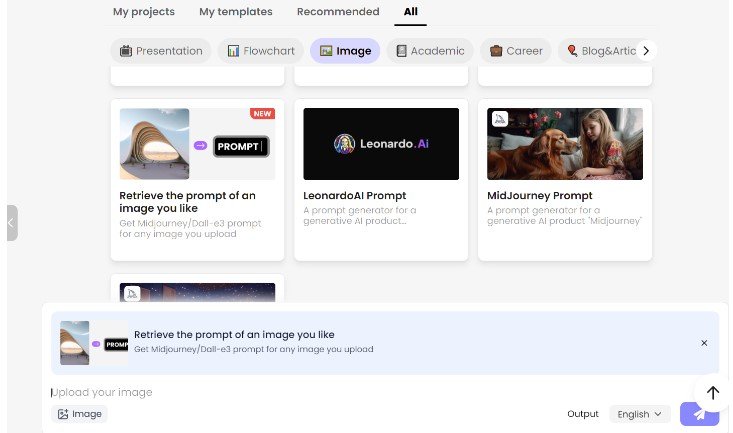Running a contractor business comes with its set of financial challenges. From fluctuating material costs to unexpected project delays, numerous factors can impact your bottom line.
In this article, we will guide you through the essential aspects of managing your contractor business finances, helping you to not just break even, but thrive.
Understanding Your Costs
Fixed Expenses
Fixed expenses are those that remain constant regardless of the amount of work you do. These include things like office rent, salaries for permanent staff, and insurance. Understanding these costs is crucial for setting a baseline for your financial planning.
Variable Expenses
Variable expenses fluctuate based on the volume of work you have. These can include materials, subcontractor fees, and utility costs. Keeping track of these variable expenses is essential for accurate budgeting and financial forecasting.
Hidden Costs
Don’t overlook hidden costs such as equipment maintenance, transportation, and waste disposal. These can add up quickly and eat into your profits if not properly accounted for.
Pricing Strategies
Cost-Plus Pricing
Cost-plus pricing involves adding a markup to the cost of materials and labor to ensure a profit. This method is straightforward but requires accurate estimation of all costs involved in a project.
Value-Based Pricing
Value-based pricing sets prices based on the perceived value to the customer rather than the cost of materials and labor. This can be particularly effective for specialized or high-quality work, where customers are willing to pay a premium.
Competitive Pricing
Competitive pricing involves setting your prices based on what your competitors are charging. While this can help you stay within market rates, it’s essential to ensure that your prices still cover your costs and provide a profit margin.
Efficient Budgeting
Creating a Budget
Start by listing all your expected income and expenses for a given period. This will give you a clear picture of your financial situation and help you plan accordingly.
Sticking to Your Budget
Once you have a budget, the next step is to stick to it. Regularly review your financial statements to ensure that you are staying within your planned spending limits.
Adjusting Your Budget
Budgets are not set in stone. Be prepared to adjust your budget as circumstances change. This flexibility will help you remain financially stable even when unexpected costs arise.
Managing Cash Flow
Invoicing Promptly
One of the simplest ways to maintain a healthy cash flow is to invoice your clients promptly. The sooner you send out invoices, the sooner you’ll get paid.
Setting Payment Terms
Clearly define your payment terms, including due dates, late fees, and acceptable payment methods. This will help ensure that you receive payments on time.
Monitoring Cash Flow
Regularly monitor your cash flow to identify any potential issues early. This will allow you to take corrective action before small problems become big ones.
Cost-Effective Marketing
Social Media Marketing
Social media platforms like Facebook, Instagram, and LinkedIn offer cost-effective ways to reach potential clients. Regularly post updates, share project photos, and engage with your audience to build a strong online presence.
Networking
Networking is another valuable marketing strategy. Attend industry events, join local business groups, and connect with other professionals to generate referrals and new business opportunities.
Online Advertising
Paid online advertising, such as Google Ads or Facebook Ads, can be highly effective if done correctly. Start with a small budget and test different ad formats to see what works best for your business.
The Importance of Technology
Project Management Software and Apps
Project management software can help you keep track of all aspects of your projects, from scheduling to budgeting. There are also apps like Biddi that allow you to manage your entire contracting business on-the-go.
Accounting Software
Accounting software like QuickBooks or Xero makes it easier to manage your finances by automating tasks such as invoicing, expense tracking, and financial reporting.
Communication Tools
Effective communication is crucial for any business. Tools like Slack, WhatsApp, and Zoom can improve collaboration with your team and clients, ultimately saving you time and money.
Conclusion
Managing the finances of a contractor business doesn’t have to be daunting. By understanding your costs, setting the right prices, budgeting efficiently, and leveraging technology, you can ensure that your business remains profitable. Take these steps seriously, and you’ll be well on your way to financial stability and success in your contractor business.


